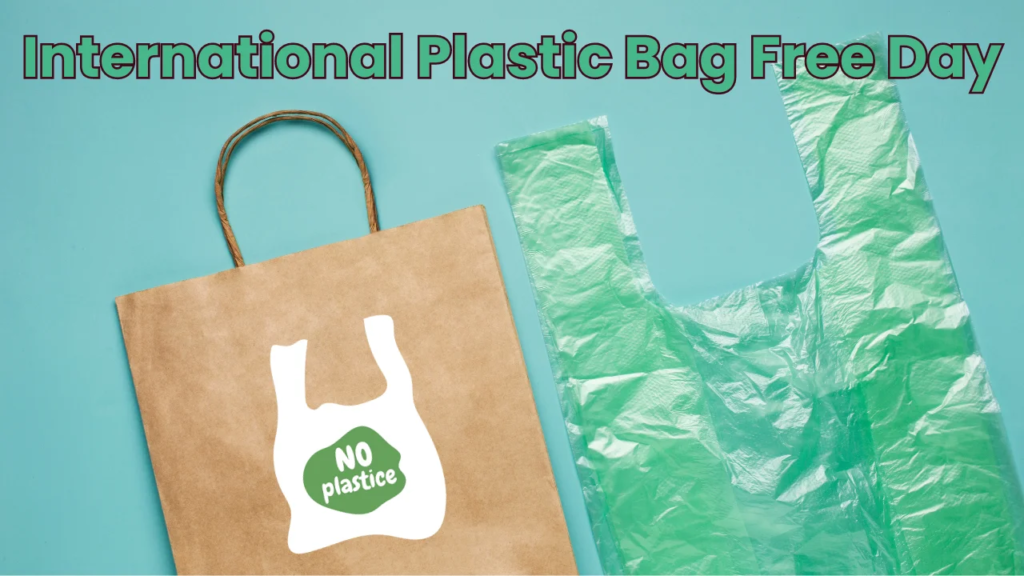
Table of Contents
- Introduction: The Plastic Predicament
- Why Plastic Bags Became a Global Threat
- From Ban to Action: Countries Leading the Charge
- Policies with Impact: Success Stories Around the World
- Alternatives Gaining Ground: Innovation Over Convenience
- Cultural Shifts: How Public Behavior Is Changing
- Developing vs. Developed Nations: Different Paths, Same Goal
- India’s Bold Move: Local Actions, Global Inspiration
- Corporate Responsibility and Retail Revolutions
- What You Can Do: The Individual’s Role in a Global Mission
- Conclusion: A Bagless Future is Possible
1. Introduction: The Plastic Predicament
Once hailed as a miracle of modern convenience, plastic bags are now emblematic of our throwaway culture. The fight against plastic isn’t just environmental—it’s existential. Across continents, from island nations to industrial giants, the battle cry is the same: it’s time to say no.
2. Why Plastic Bags Became a Global Threat
Lightweight. Cheap. Ubiquitous. Plastic bags spread like wildfire through global markets. But their convenience comes at a cost. With over 1 trillion plastic bags used each year worldwide, most are used for mere minutes—but remain for centuries. They choke oceans, clog drains, and kill wildlife.
3. From Ban to Action: Countries Leading the Charge
While bans sound bold on paper, enforcement is the true game-changer. Countries like Rwanda, Bangladesh, and Kenya have taken hardline stances, while others like France, Germany, and Australia phased out usage through legislation and consumer education.
4. Policies with Impact: Success Stories Around the World
- Rwanda: Often called the world’s cleanest country, it banned plastic bags in 2008. Today, entering the country with one is illegal.
- Bangladesh: The first to act in 2002, after plastic was linked to massive flood damage.
- European Union: Imposed strict packaging regulations, leading to a 70% drop in single-use plastic bags in some member states.
5. Alternatives Gaining Ground: Innovation Over Convenience
From banana leaf packaging in Thailand to cassava starch bags in Indonesia, innovation is rewriting the rules. Reusable cloth bags, paper alternatives, and biodegradable solutions are not just eco-friendly—they’re becoming trendy.
6. Cultural Shifts: How Public Behavior Is Changing
Laws alone don’t drive change—people do. Cultural habits are shifting:
- Urban millennials are embracing minimalist lifestyles.
- “Bring Your Own Bag” is a growing norm in supermarkets.
- Influencers and climate activists are reshaping the plastic narrative.
7. Developing vs. Developed Nations: Different Paths, Same Goal
- Developed countries focus on regulation and recycling infrastructure.
- Developing countries tackle plastic as a visible public menace—often with stricter laws but fewer alternatives.
The solution isn’t one-size-fits-all, but the goal remains universal.
8. India’s Bold Move: Local Actions, Global Inspiration
India’s plastic bag bans in states like Maharashtra, Tamil Nadu, and Sikkim show how localized efforts can spark national change. Village-level awareness campaigns, eco-clubs in schools, and biodegradable bag startups are redefining “swadeshi sustainability.”
9. Corporate Responsibility and Retail Revolutions
Retail giants like IKEA, Starbucks, and H&M have pledged to cut single-use plastic. Supermarkets in the UK and New Zealand now charge for plastic bags—or have eliminated them entirely. Eco-conscious branding is no longer optional—it’s expected.
10. What You Can Do: The Individual’s Role in a Global Mission
- Carry a reusable bag wherever you go
- Support plastic-free local businesses
- Say no to unnecessary packaging
- Educate others—awareness spreads action
- Push for change in your housing societies, schools, and offices
Every choice, every bag refused, adds weight to the global movement.
11. Conclusion: A Bagless Future is Possible
Plastic bag bans are no longer symbolic gestures—they’re becoming a global norm. The real win lies in the momentum we build, together. Because when countries unite, corporations adapt, and citizens commit—the tides of pollution can be turned.
A plastic-free planet isn’t a dream. It’s a decision we make, one bag at a time.

